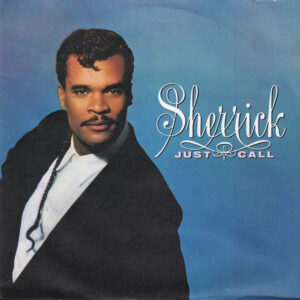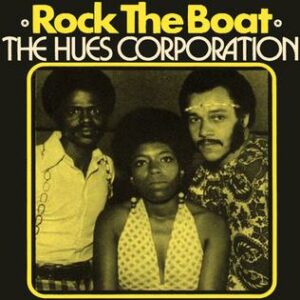Disappointment breeds resentment. I expect there will be quite a few resentful fans of the St. Louis crooner on Coultrain’s deconstructed experiment run amok, aptly titled Jungle Mumbo Jumbo. Mumbo Jumbo is what far too much of this project is from an artist that wooed us magnificently with The Adventures of Seymour Liberty, on parts of The Wanderer, and his guest spots on revered neo-classics like PPP’s Abundance. What Coultrain proves is that a gifted, smooth voice with a mahogany tone cannot save a schizophrenic project, neither can flashes of beautiful sounds that are clumsily injected here and there throughout this unmelodic jungle of strangling vines and rampant weeds overrunning this plantation nightmare.
It really is his fans own fault, myself included. We ignored the less disciplined, looser aspects of The Wanderer because of its philosophical musings and rich vocals, dismissing the project’s more indulgent moments as just the experimentations of an artist with a capital “A.” We played the electro-funk of his collaboration with Black Spade, Proh Mic and I, Ced on Hawthorne Headhunters’ Myriad of Now and convinced ourselves that the clumsier parts that didn’t work—and there were faulty parts to be sure—was a level of genius we just couldn’t yet wrap our minds around, but with repeat listens…surely. Well, now with Jungle Mumbo Jumbo we can desist with the excuses. Whatever kind of artist we thought Coultrain was at his introduction with such delectable gems as “Green,” “Self Pity,” “Pigeonhole,” “Do You Remember Me,” “Love…Meaning,” “The Ghost of Aveiro,” among other early moments of coherent and complete material, all of that has been abandoned in favor of something only a niche few may understand (and another niche few will convince themselves they understand so as to appear hip and not lose “depth” cred). Those of us who believe melody still matters will be left out in the cold, freezing.
The project can be charitably called avant garde jazz, overcooked with far too many electronica distortions and the smoking of trees. The frustrating part is that there are slivers of beauty trapped within these messy conceits. Two minutes into “A Gem Iza Jewel” a glorious choral vocal emerges out of a mess of astral sounds with Coultrain begging to “save me from myself.” If only someone in the booth could have listened and saved the rest of the song. “Delilah” opens with a dramatic military march and lovely low tones courtesy of Coultrain’s husky baritone, but the melodic choices lead its musical soldiers on this five-plus minute song right off a cliff into nothingness. A self-indulgent morass of poetic pontification, “People Like Us” is like nobody I’ve ever met, but hey it’s a nice title. The “Bat Outta Hell” jazz band is taking a nice stab at latter-years bebop, but Coultrain’s insistence on singing a disparate melody line over it ruins whatever enjoyment could have been derived from those fine musicians. Oh, and there’s a cool guitar and percussion thing happening on “Sassyphrass.” Yeah. Oh, that’s all for that one. “Deception” is at least a cohesively constructed tune; it’s just bone dry in its ability to muster a water droplet of interest. The less said about the “you were the lion and I was the gazelle” and “you can’t turn a hoe into a housewife” of “Gazelle’s Dance” the better.
The Plug Research label’s press release assures us that somewhere in this sonically clashing calamity lies the furthering narrative of Coultrain’s fictional character of Seymour Liberty, “inspired by HER, missing pieces, and the generator, operator and destroyer within. Where the ‘?’ and ‘answer’ led us, Jungle Mumbo Jumbo is the story of Seymour’s search of the ultimate muse, the seven women involved, the erupting emotions and the enlightenment born from it.” Which tells me that everyday needs to be 420 Day or maybe even something stronger must be on-hand for the average R&B/soul or even progressive soul fan to fully enjoy any of the direction on this so far left-of-center foray that it circles the globe and finds itself center right again. Can you hear what I mean about disappointment breeding resentment?
“But, what of ‘Streams and Rivers?’ That single is hot,” the stubborn, die-hard Coultrain fan will say, not wanting to believe the emperor has no clothes. I say “Streams and Rivers” is a ruse to get you to buy this psychedelic trip turned hallucinatory nightmare. One matched by a beautiful minor chords closing ballad that only mocks the schlock of everything that came before it. “Wanted” shows that one can be left-of-center and cohesive, moving, and metaphorically rich. Still, it’s only two songs out of eleven. Two songs that collectively say we “Wanted” something more from Coultrain and his producers than this arrogantly delivered presumption, but we’d have better luck dragging the “Streams and Rivers” to find it. Not Recommended.
By L. Michael Gipson









